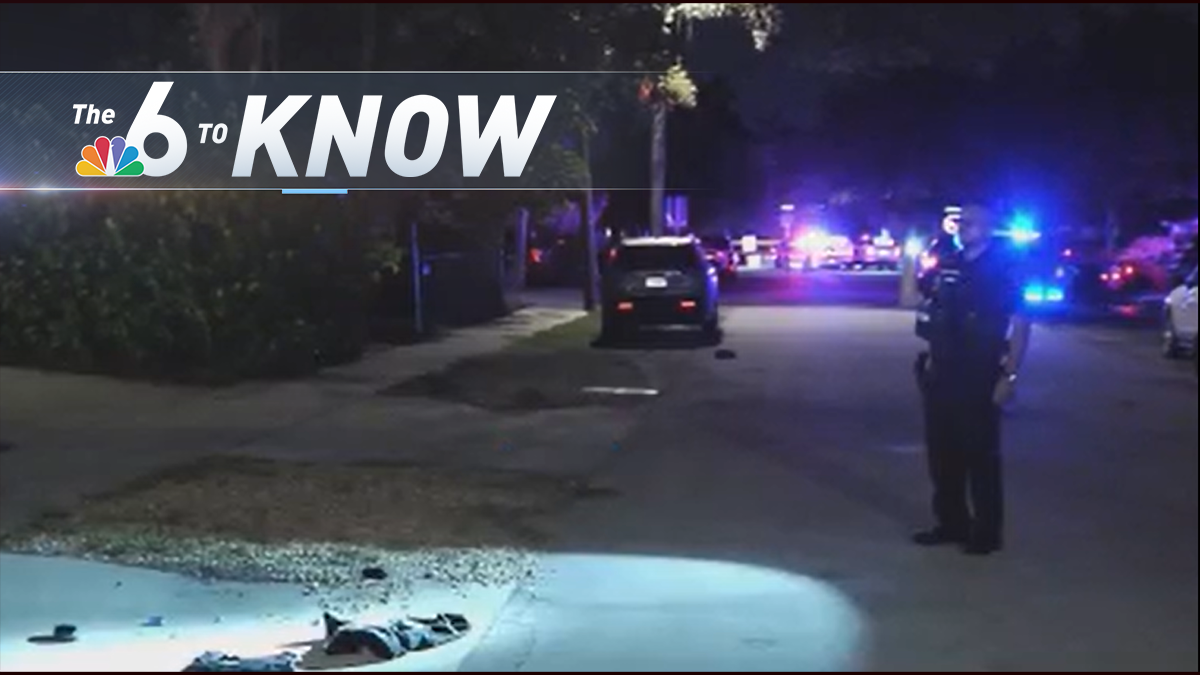0:00
Todd Catlette of Davie doesn’t play tennis, but he still suffered from tennis elbow last year.
“I got to the point where I couldn’t lift the orange juice out of the refrigerator. I couldn’t shake hands with people because the pain was excruciating,” he said.
He tried cortisone shots, therapy, and anti-inflammatory medications. After several conventional treatments failed, Dr. David Westerdahl, a sport medicine specialist at the Cleveland Clinic Florida, suggested injections of platelet rick plasma, or PRP.

“It’s something where we started using here at Cleveland Clinic after looking at it carefully, looking at some of the science behind it, making sure it was safe for patient use,” Westerdahl said.

PRP made headlines three years ago when it helped Hines Ward play in the Super Bowl
after a knee injury. At that time very few doctors in South Florida were using it.
Local
In PRP, a patient’s blood is drawn before a high-speed spinning process helps separate the components. Plasma with concentrated platelets is injected into the injured site.
“The platelets have growth factors within them. Those growth factors can then help stimulate a local healing response when injected back into damaged tissue,” Westerdahl explained.
Catlette is one of the success stories. The pain actually intensifies at first and it can take months to feel the full effect.
“It was probably about six weeks and then at that point I felt nothing had happened. My arm was back to normal," he said.
Westerdahl says in the year he has been treating patients with PRP he’s had mixed results.
“There have been studies that have shown benefit for tennis elbow," he said. "There have been studies that have shown that consistently ,as well as studies that show it may not work for other areas like rotator cuff injuries.”
Cleveland Clinic Florida is tracking patients' results.
“I’m back to 100 percent and can shake hands without wincing in pain,” Catlette added.
He talked his insurance company into paying for PRP, though only 30 percent do cover the cost. Medicare does not. Cleveland Clinic says it charges $750 per injection.



